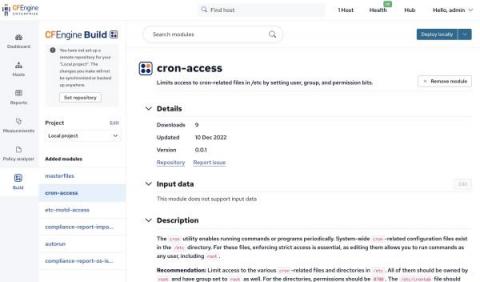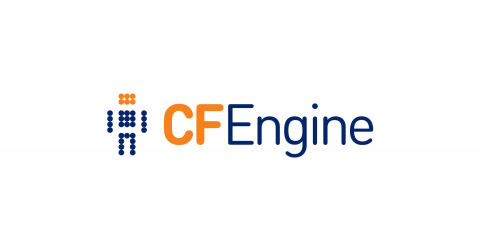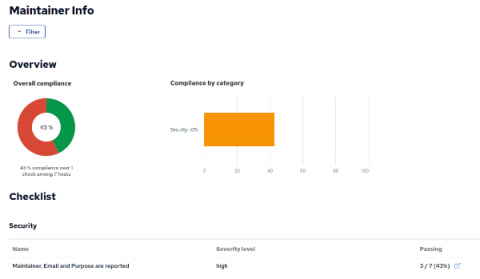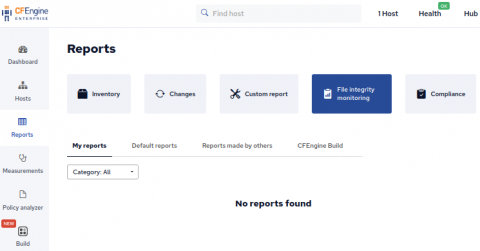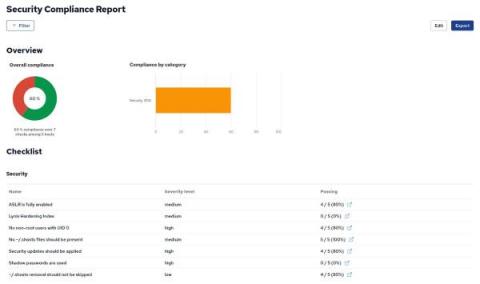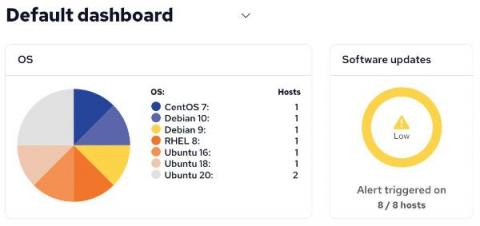CFEngine 2022 retrospective
It’s that time of year again where we reflect & recap all things new with CFEngine from this year. You may recall from the 2021 retrospective that our focus for 2022 would be on collaboration, ease of use, and community engagement. I’m proud to summarize our progress below in these key areas for 2022’s Retrospective and give you a sneak peek at what’s to come in 2023.


